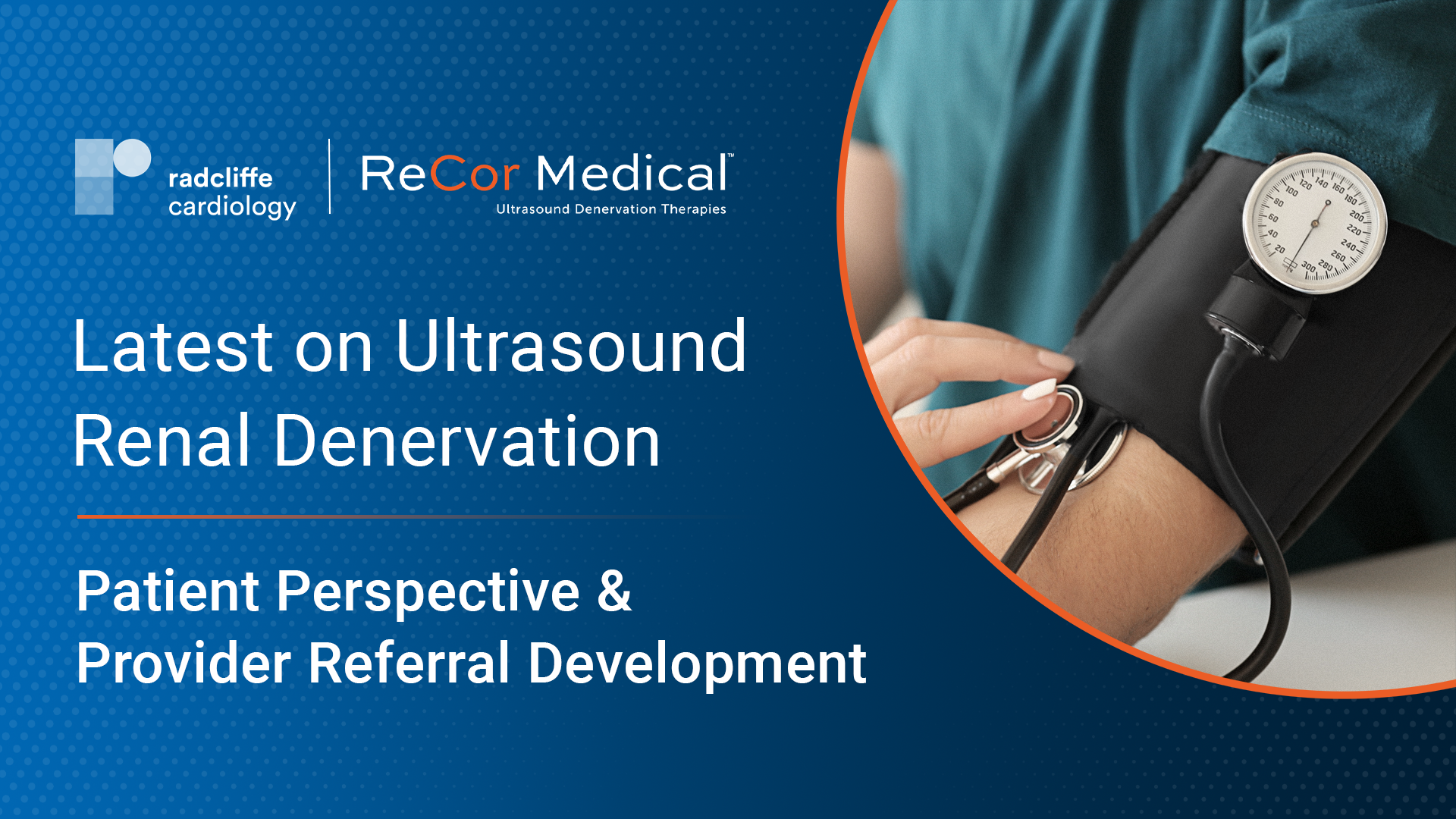Latest on Ultrasound Renal Denervation
Published: 22 June 2022
-
Views:
 7697
7697
-
Likes:
 7
7
-
Views:
 7697
7697
-
Likes:
 7
7
-
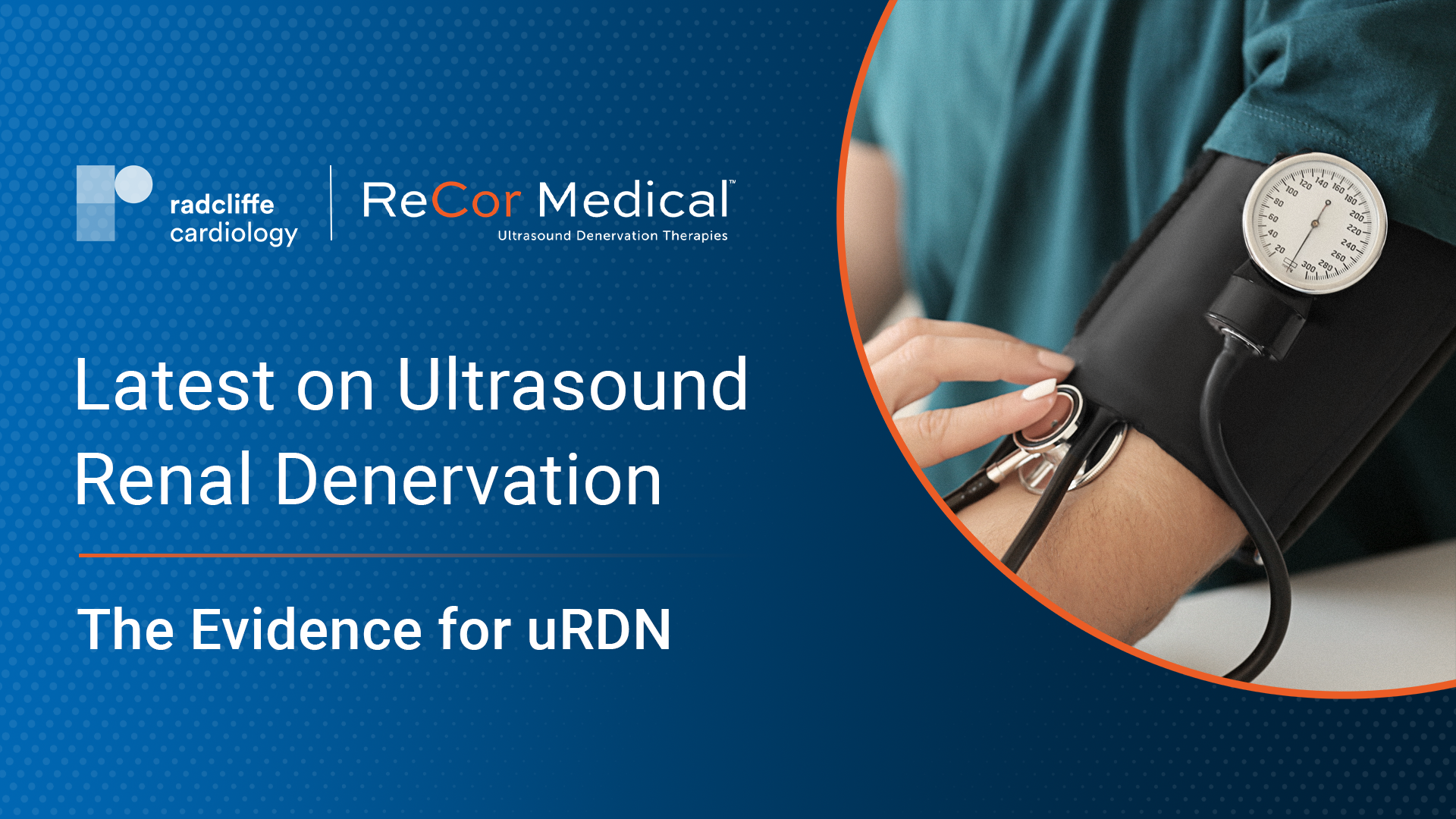 Up Next
Up Next -
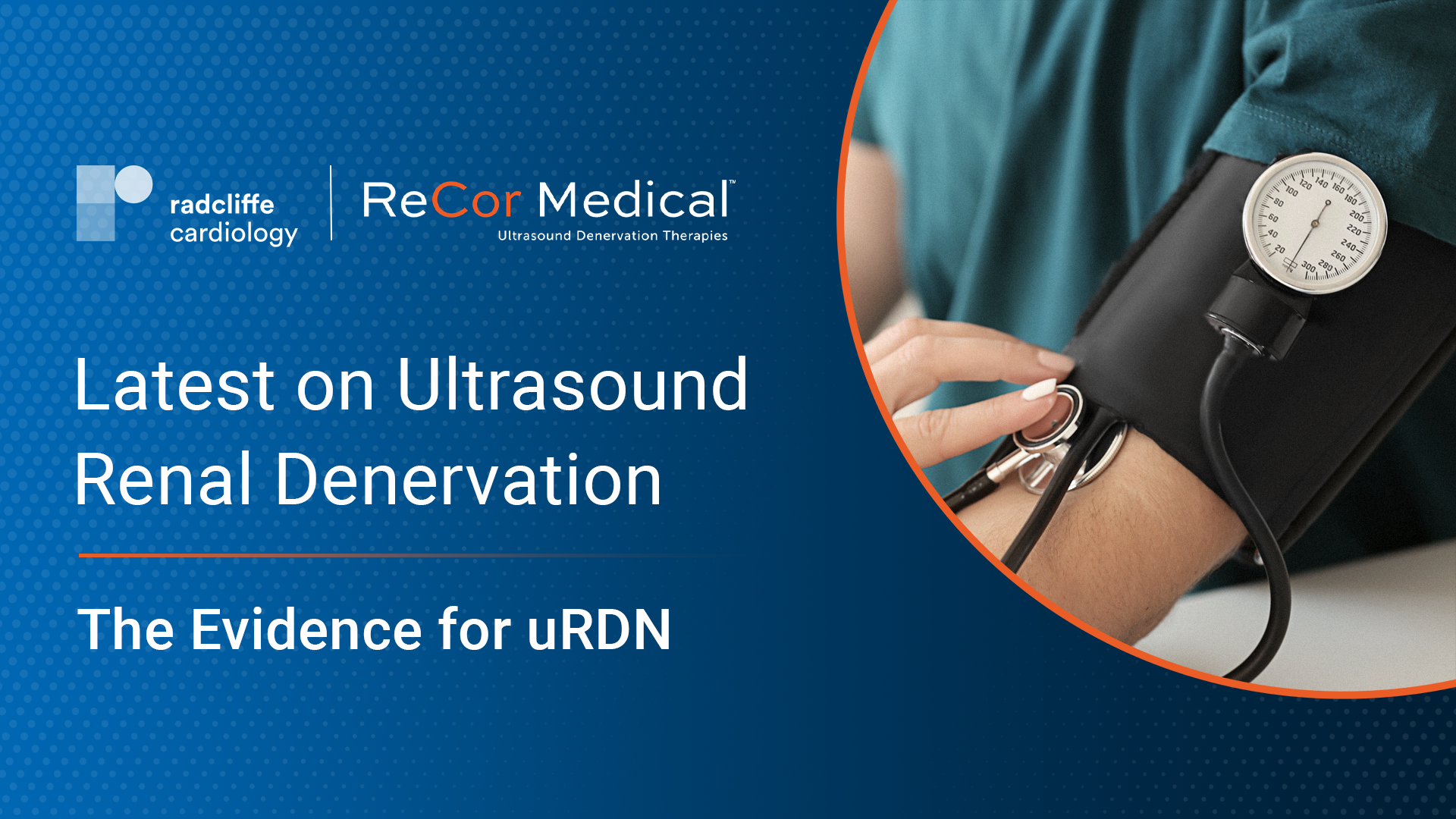 9m 57s
9m 57s -
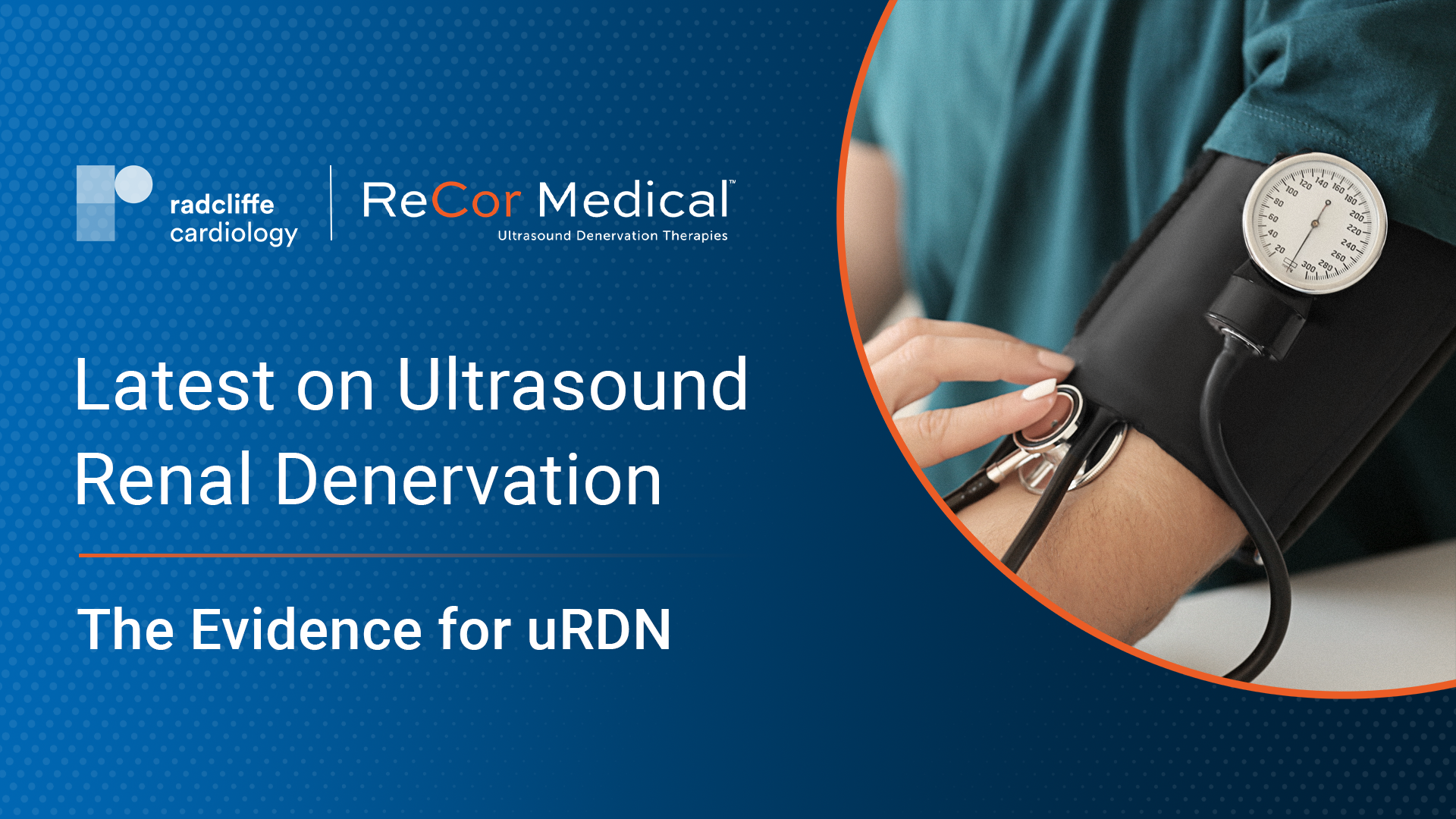 21m 53sPart 2 | Session 3 How to build uRDN centre / therapy pathway: Prof Roland Schmieder
21m 53sPart 2 | Session 3 How to build uRDN centre / therapy pathway: Prof Roland Schmieder
-
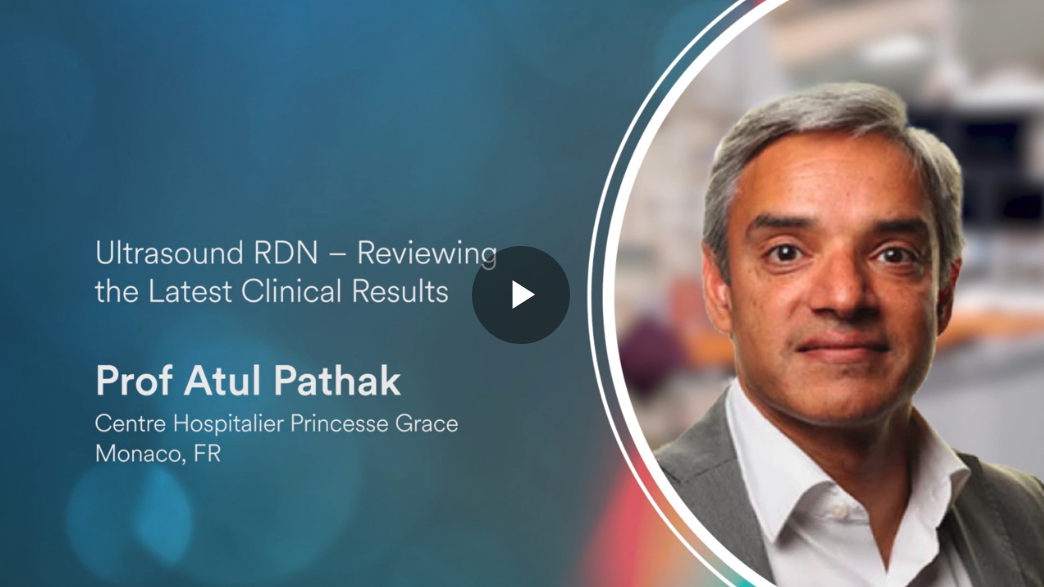 19m 35s
19m 35s -
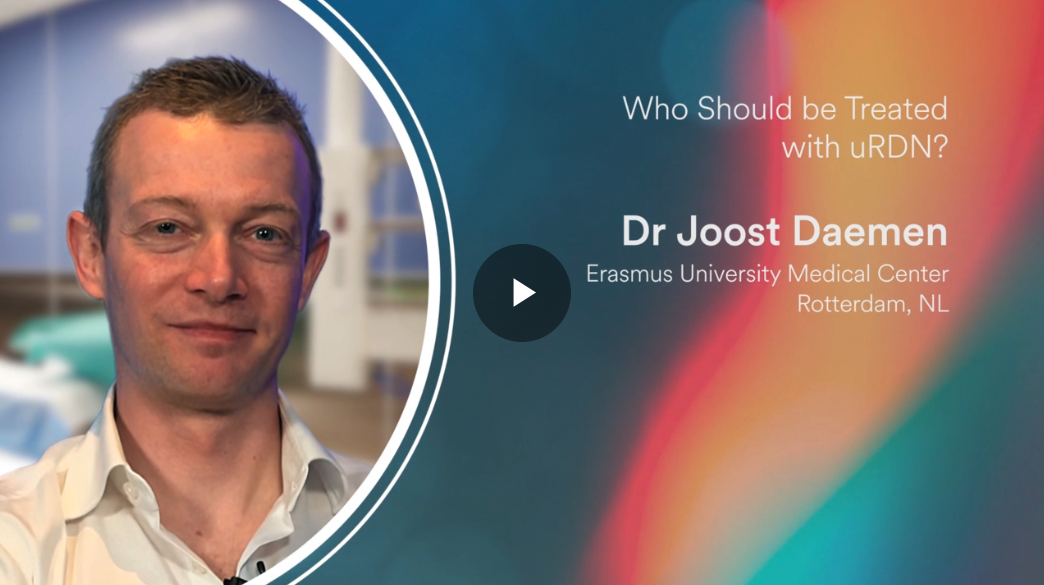 11m 41sPart 3 | Session 2 "Ultrasound RDN - Reviewing the Latest Clinical Results" : Joost Daemen
11m 41sPart 3 | Session 2 "Ultrasound RDN - Reviewing the Latest Clinical Results" : Joost Daemen -
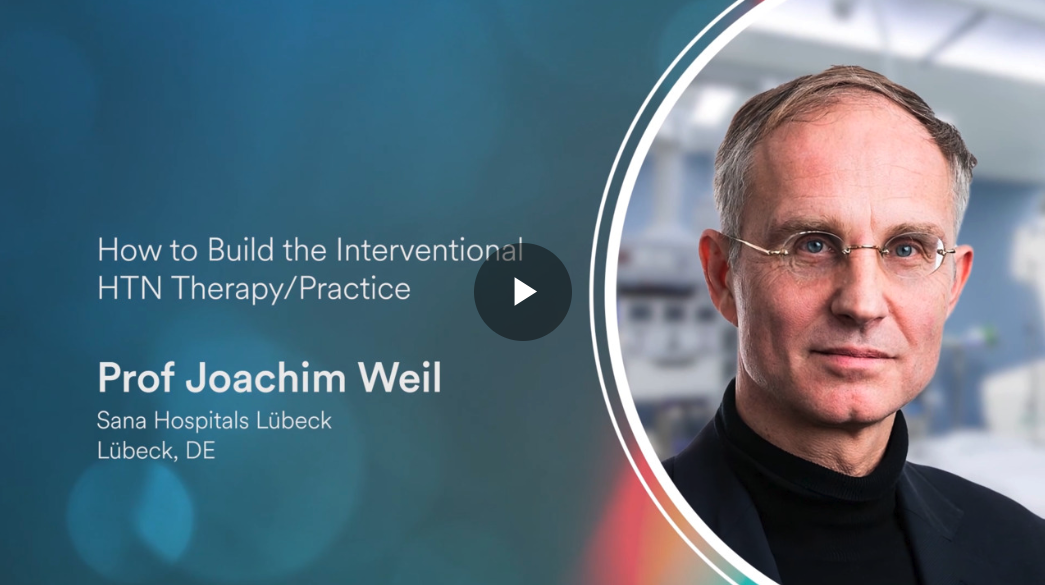 28m 37sPart 3 | Session 3 "How to build Interventional HTN Therapy/Practice": Joachim Weil
28m 37sPart 3 | Session 3 "How to build Interventional HTN Therapy/Practice": Joachim Weil
-
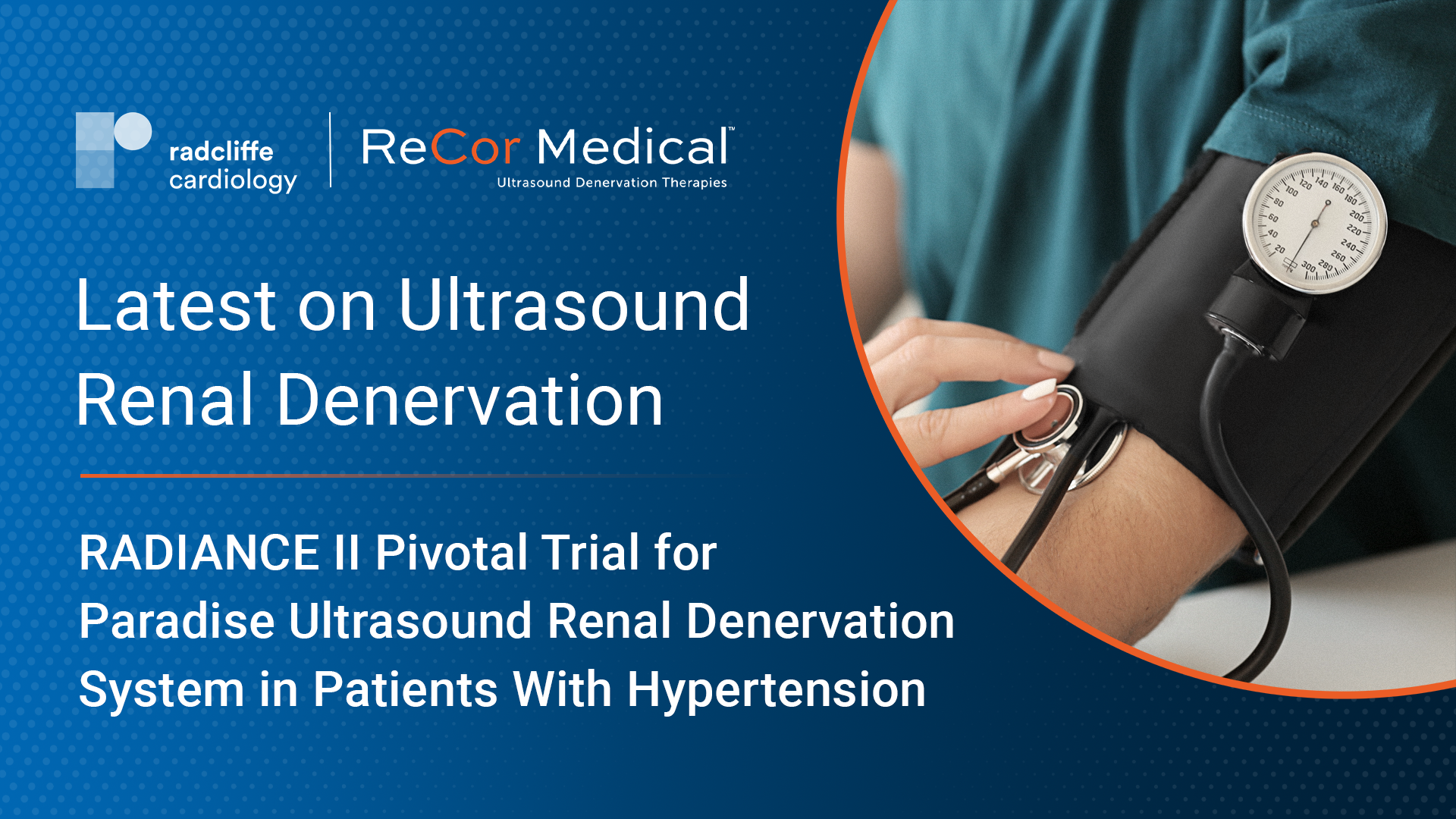 5m 12sPart 4 | Session 1 RADIANCE II Pivotal Trial
5m 12sPart 4 | Session 1 RADIANCE II Pivotal Trial -
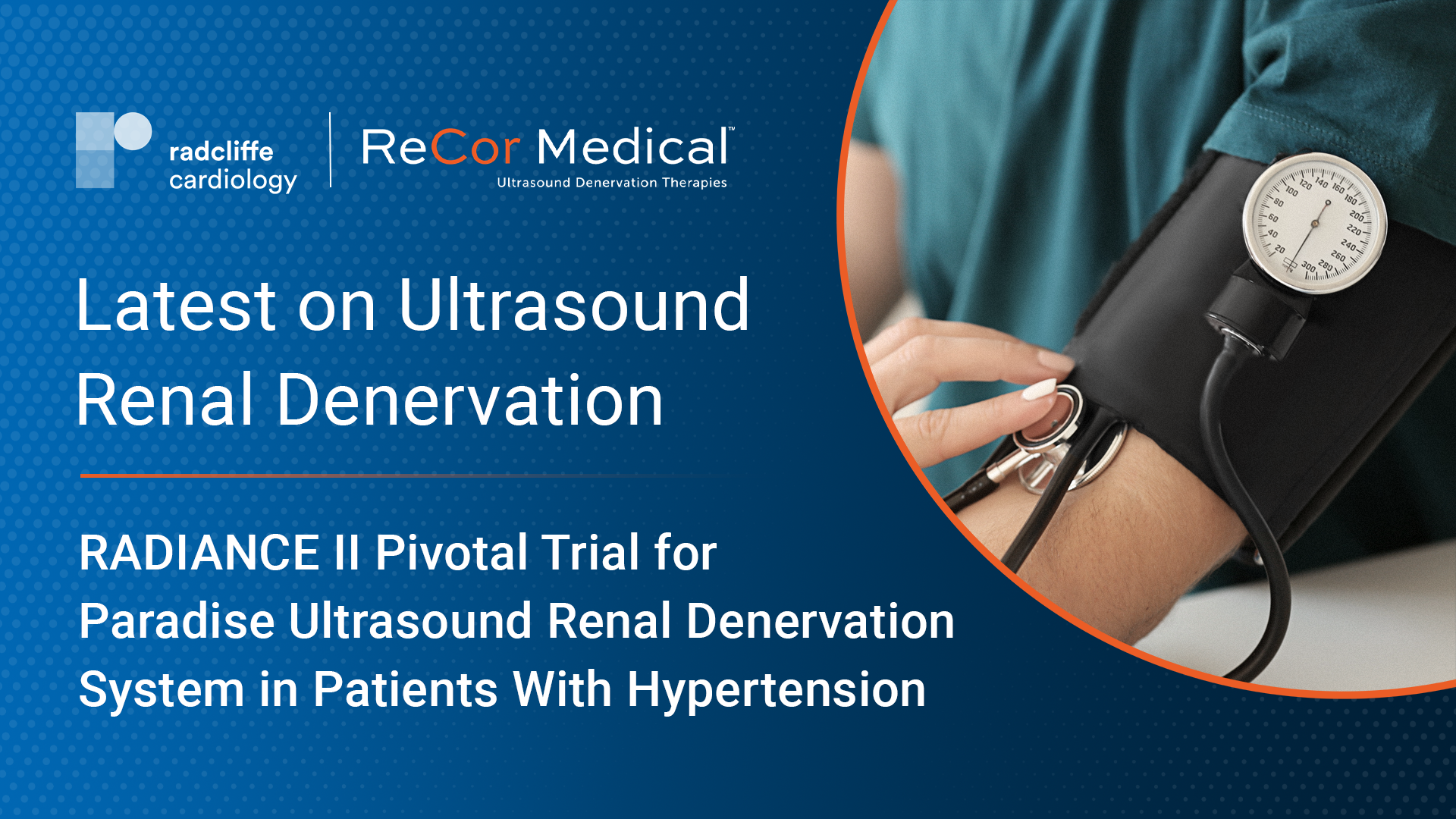 1h 20s
1h 20s
-
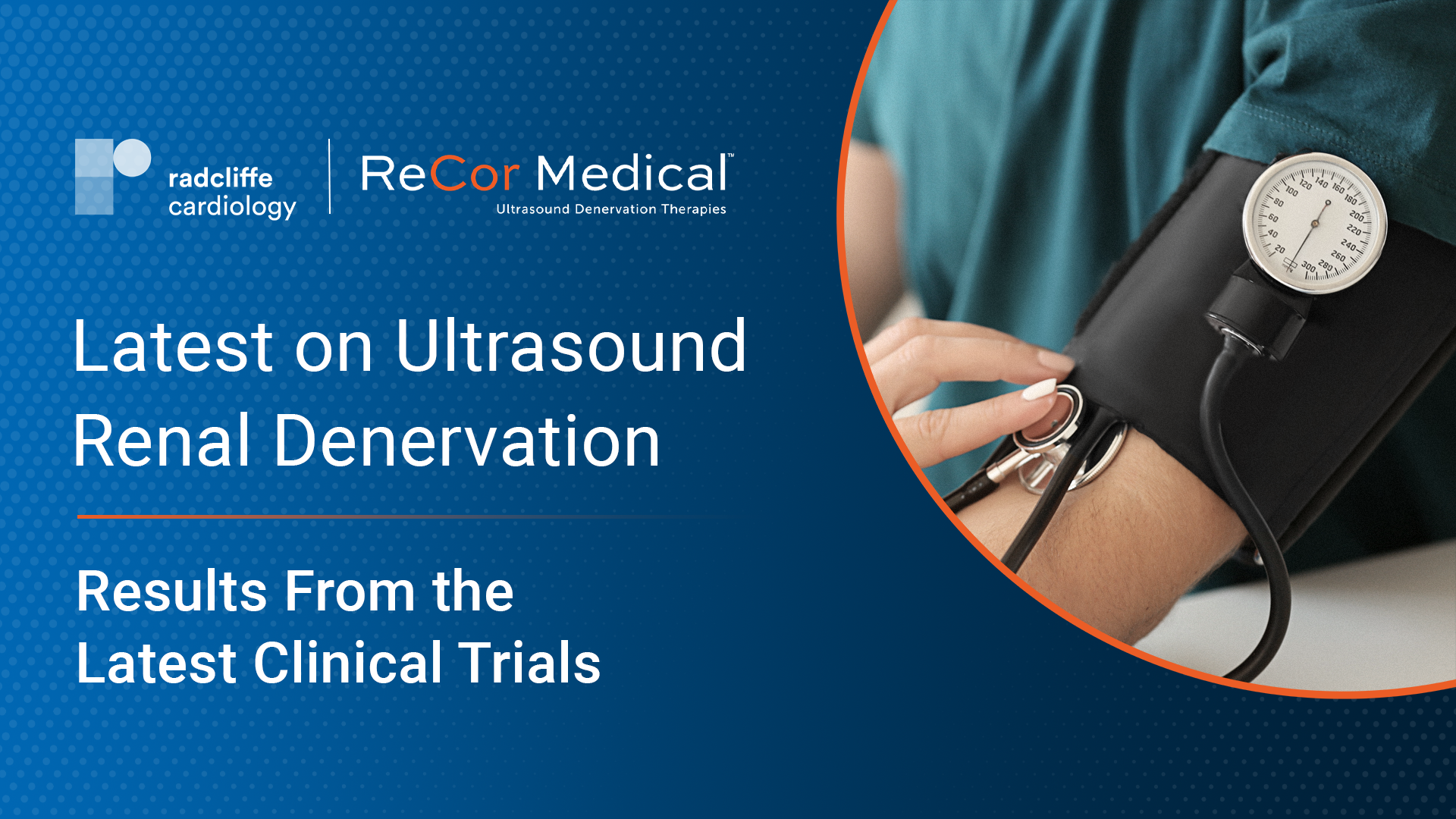 5m 10s
5m 10s -
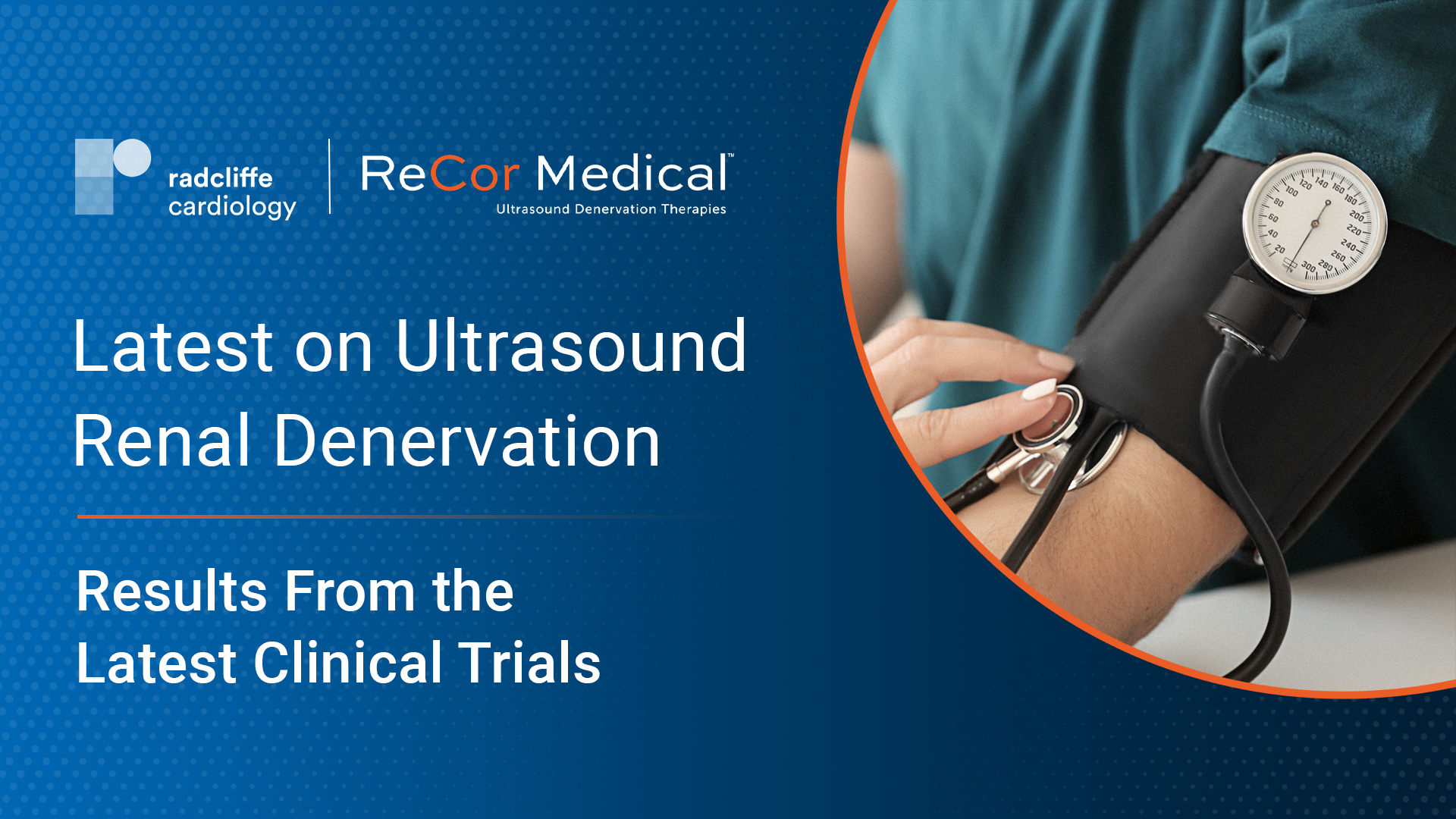 4m 44s
4m 44s -
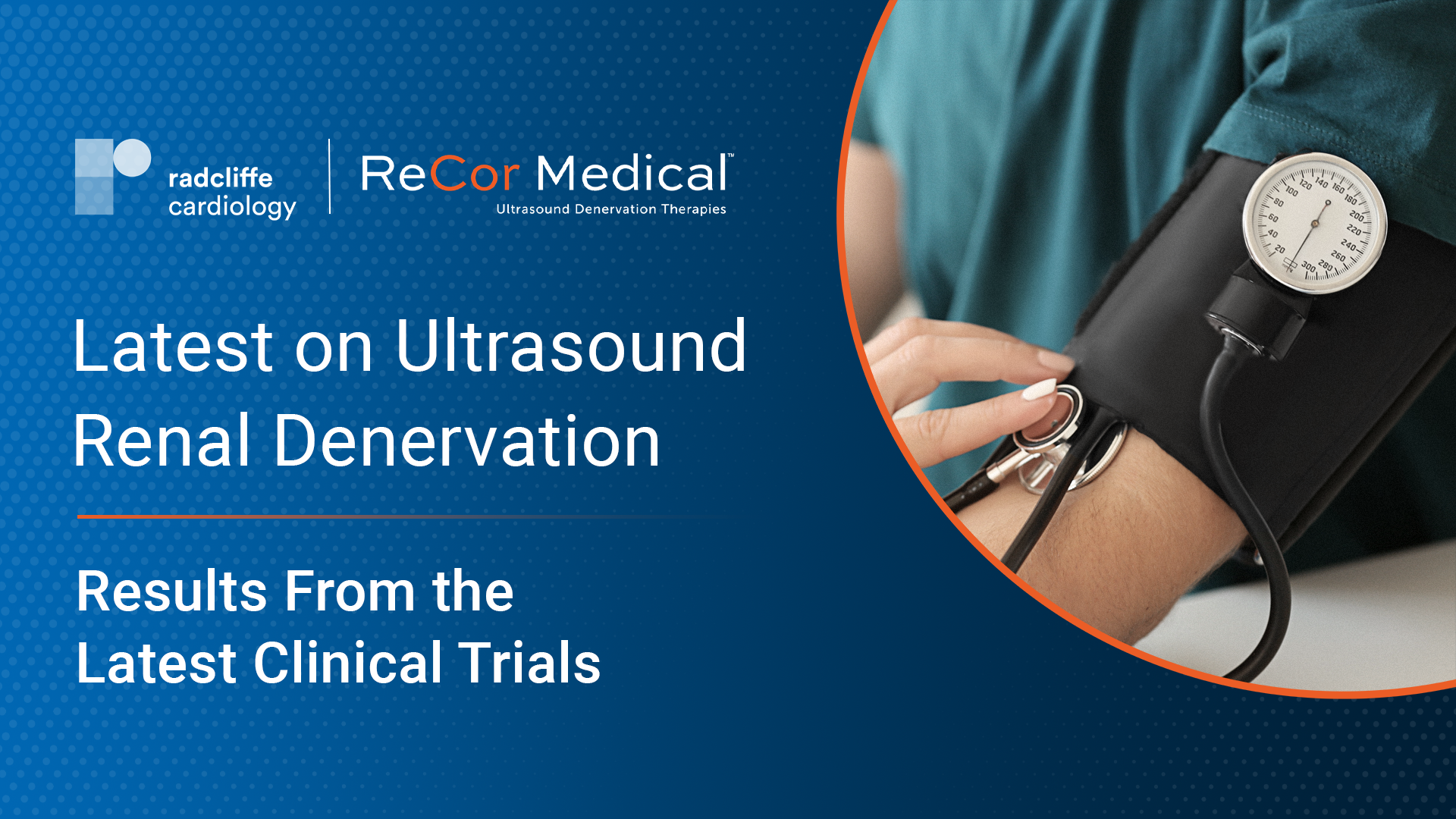 16m 20sPart 5 | Session 3 ACC 2021 – RADIANCE-HTN TRIO Trial Results with Ajay Kirtane
16m 20sPart 5 | Session 3 ACC 2021 – RADIANCE-HTN TRIO Trial Results with Ajay Kirtane -
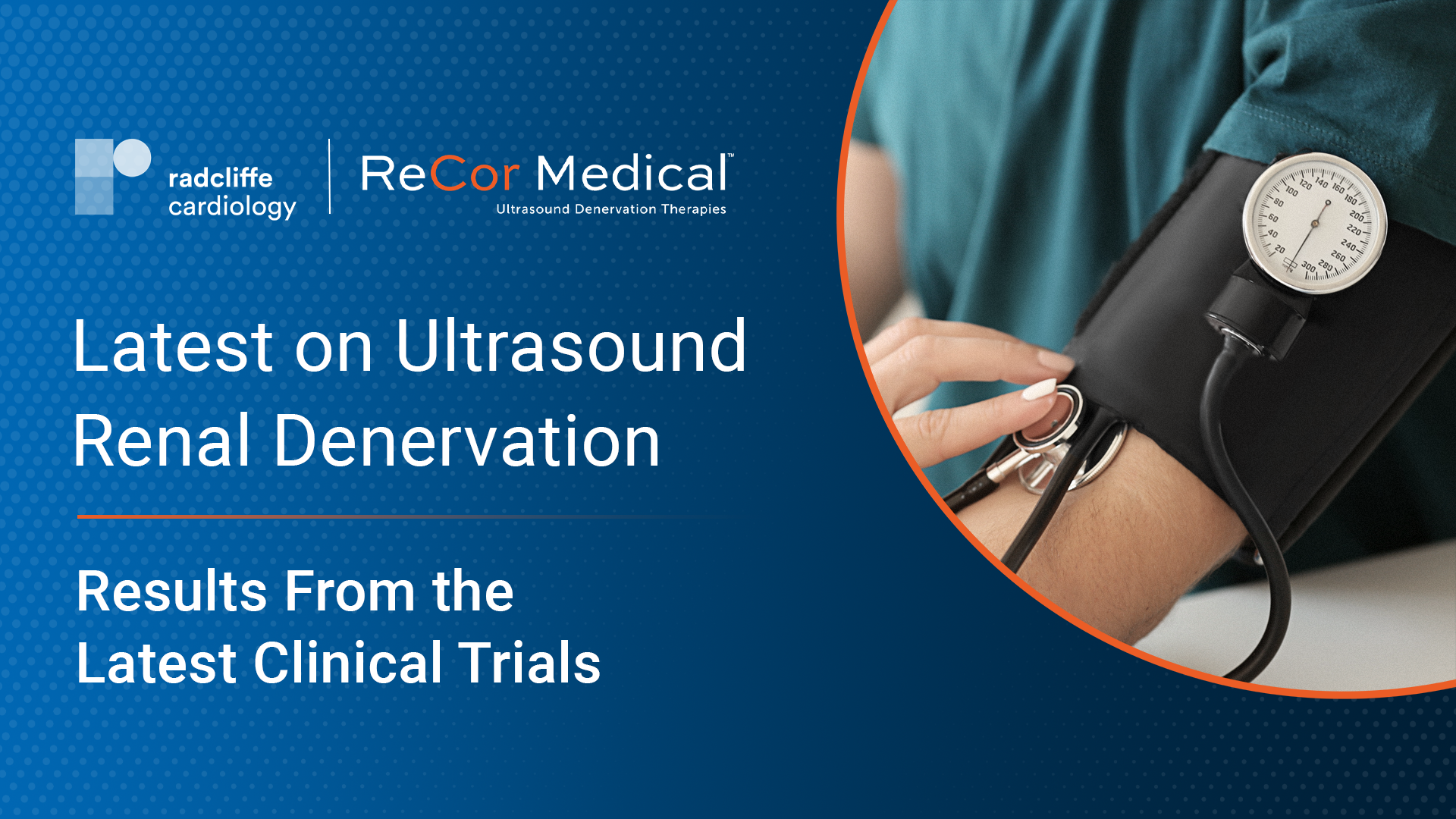 5m 47sPart 5 | Session 4 EuroPCR 2020 – Crossover Results From the RADIANCE-HTN SOLO Trial
5m 47sPart 5 | Session 4 EuroPCR 2020 – Crossover Results From the RADIANCE-HTN SOLO Trial
-
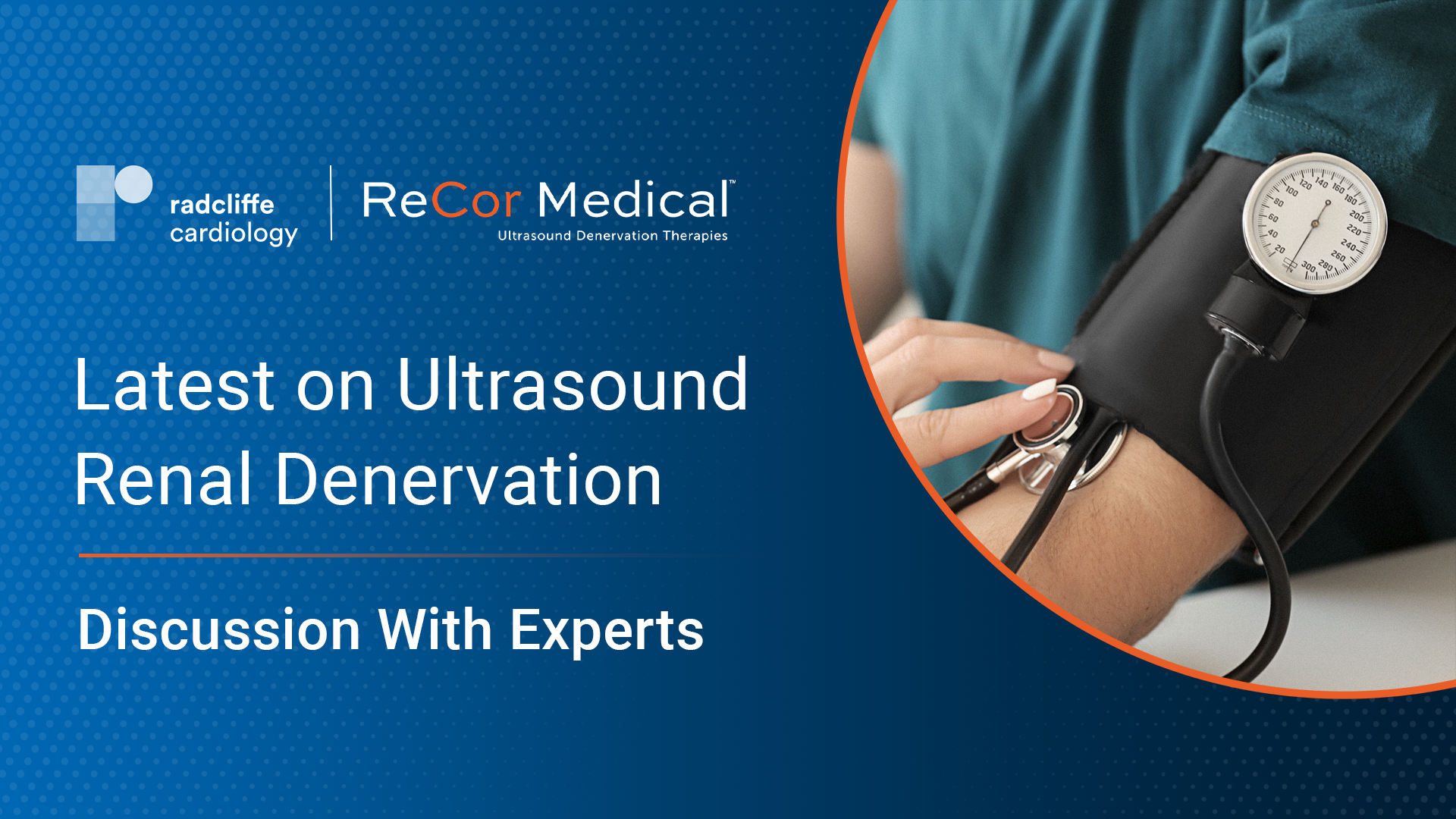 1h 4m 58sPart 7 | Session 1 ACC 2022 Symposium
1h 4m 58sPart 7 | Session 1 ACC 2022 Symposium -
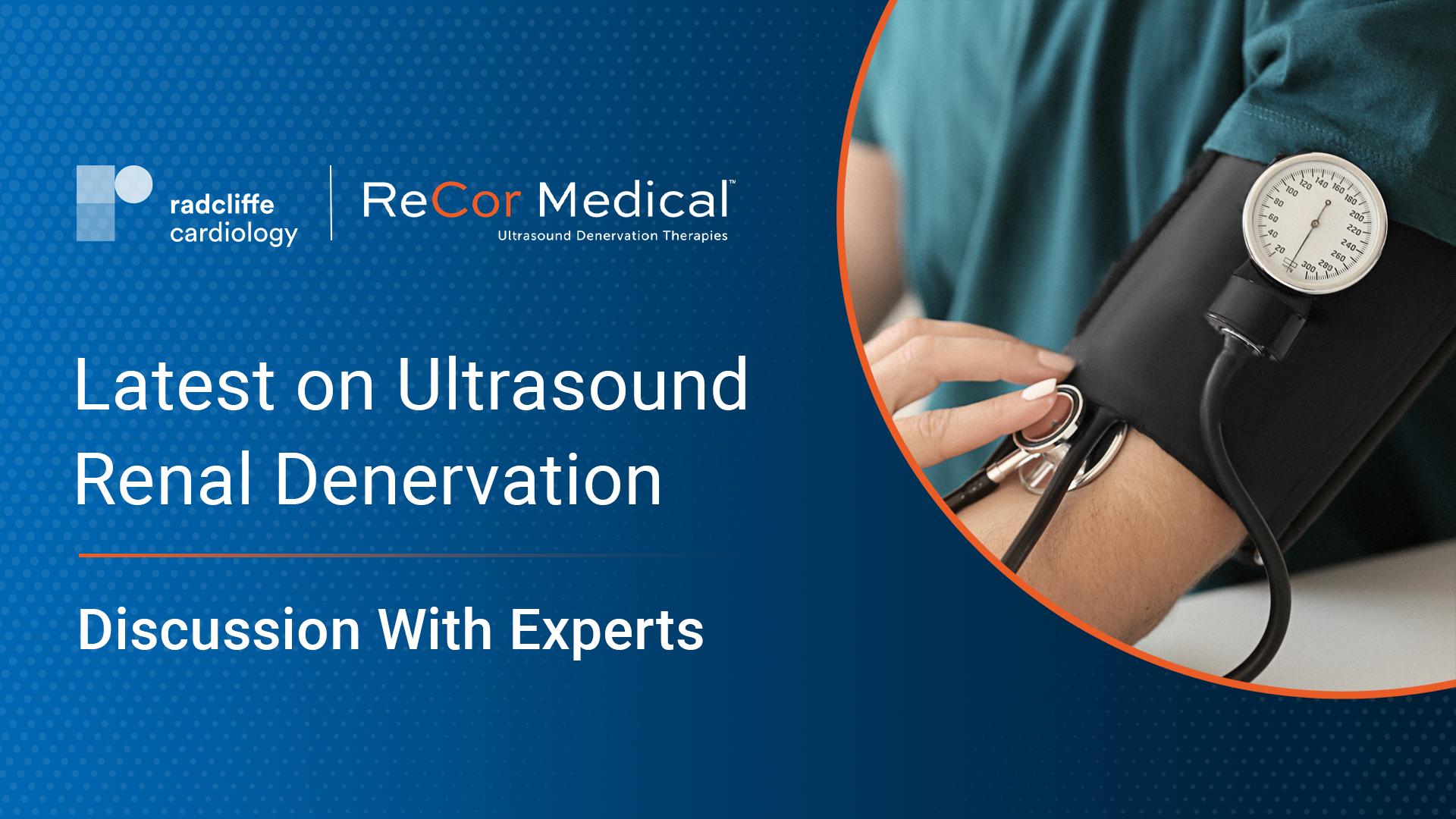 59m 32sPart 7 | Session 2 TCT 2021 Symposium
59m 32sPart 7 | Session 2 TCT 2021 Symposium
-
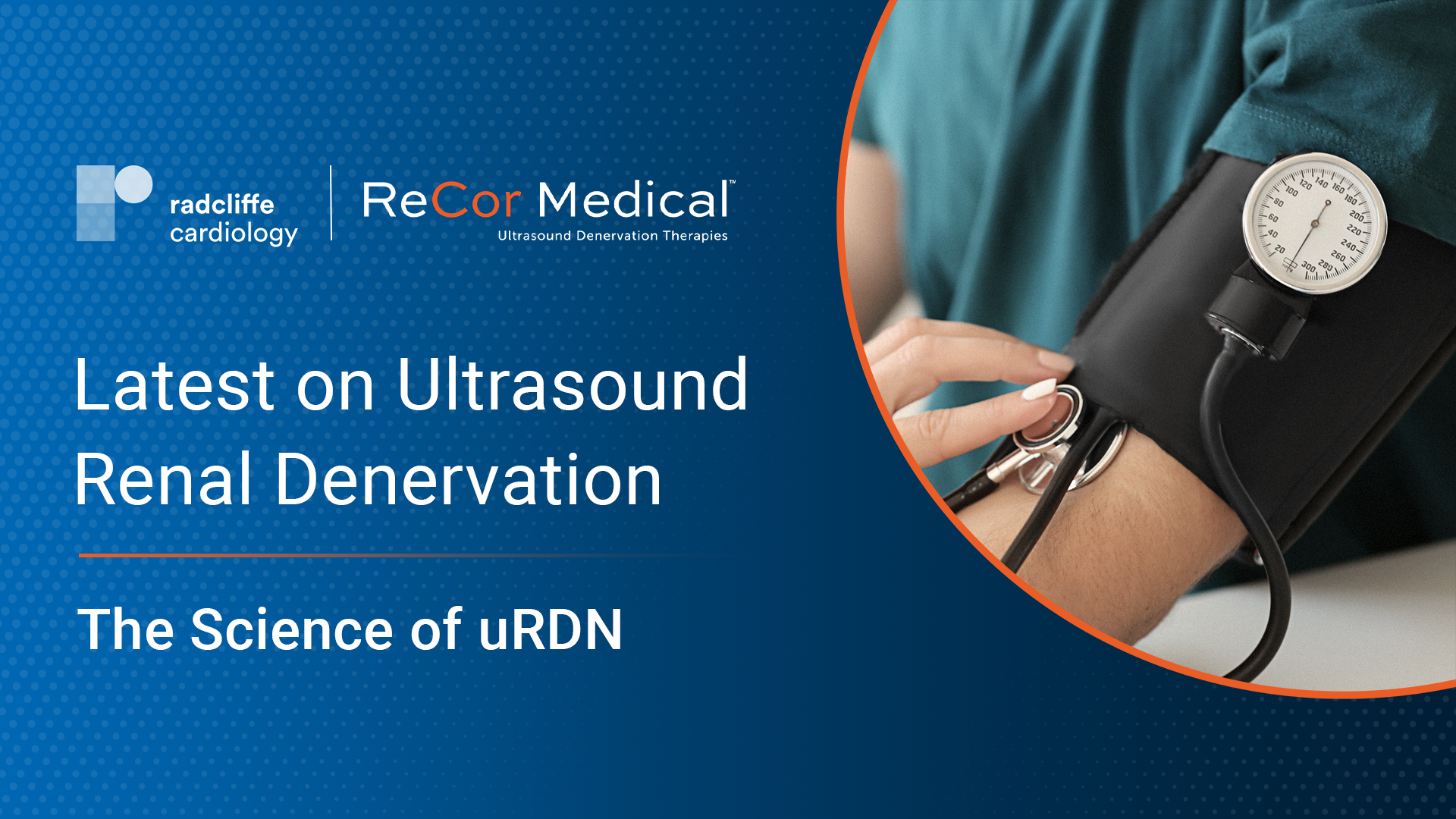 4m 2sPart 1 | Session 1 The Science of Ultrasound Renal Denervation: Introduction Philipp Lurz, Michael Joner, Felix Mahfoud, Andrew Wu
4m 2sPart 1 | Session 1 The Science of Ultrasound Renal Denervation: Introduction Philipp Lurz, Michael Joner, Felix Mahfoud, Andrew Wu
-
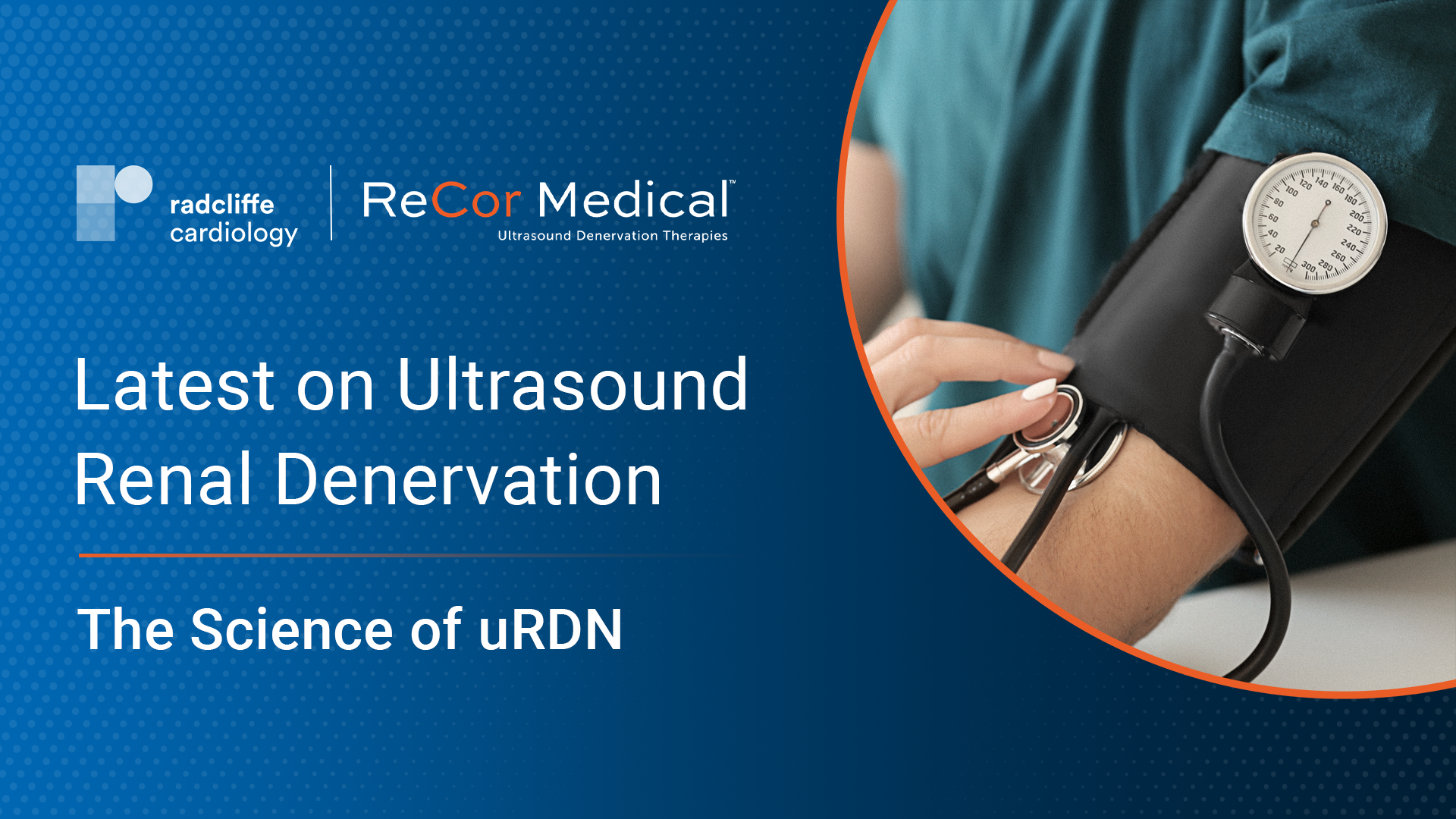 9m 18sPart 1 | Session 2 Ultrasound Technology – Its Development and Unique Characteristics: Andy Wu Andrew Wu
9m 18sPart 1 | Session 2 Ultrasound Technology – Its Development and Unique Characteristics: Andy Wu Andrew Wu
-
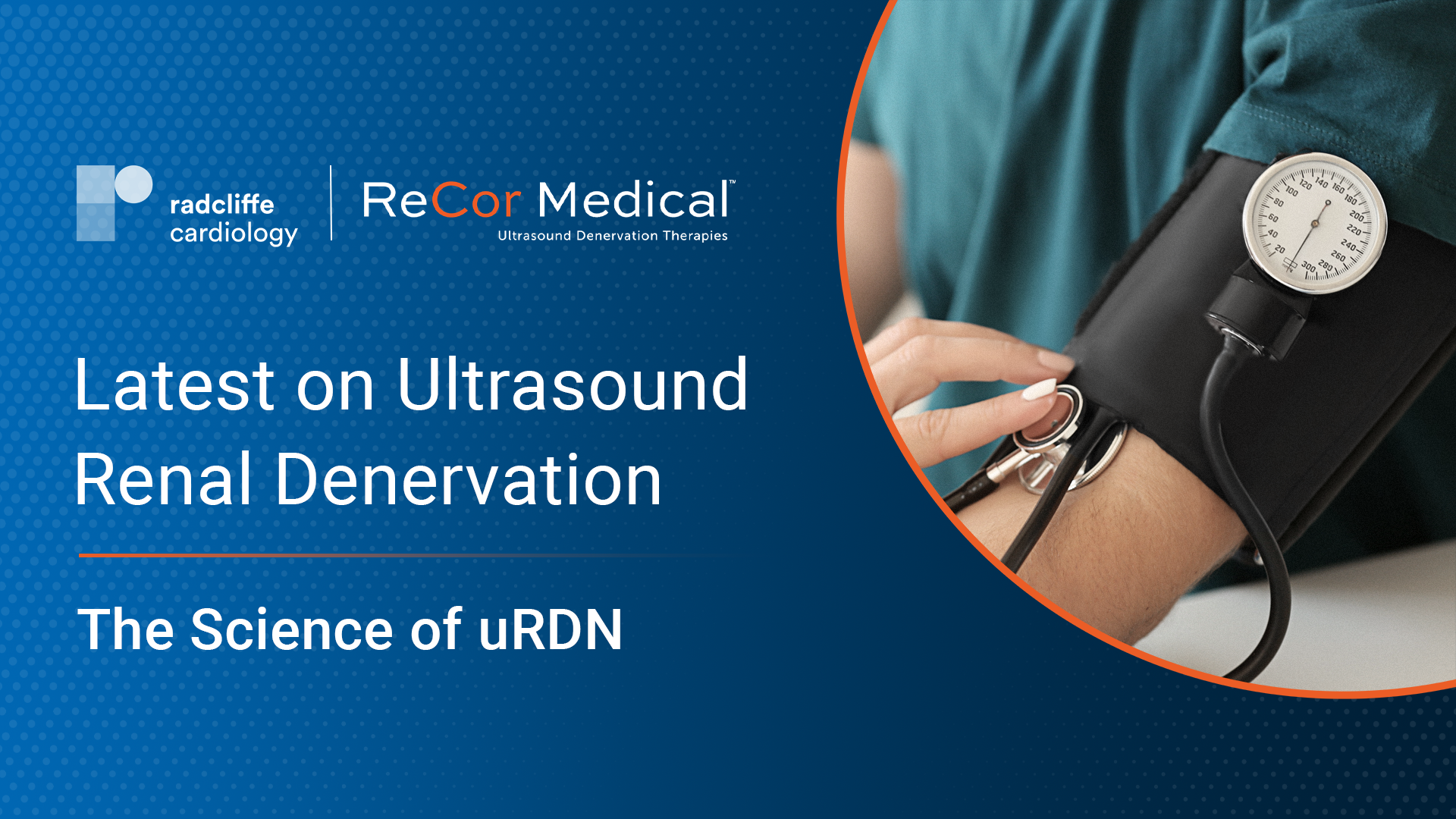 15m 10sPart 1 | Session 3 Ultrasound Renal Denervation Preclinical Evidence: Dr Michael Joner Michael Joner
15m 10sPart 1 | Session 3 Ultrasound Renal Denervation Preclinical Evidence: Dr Michael Joner Michael Joner
-
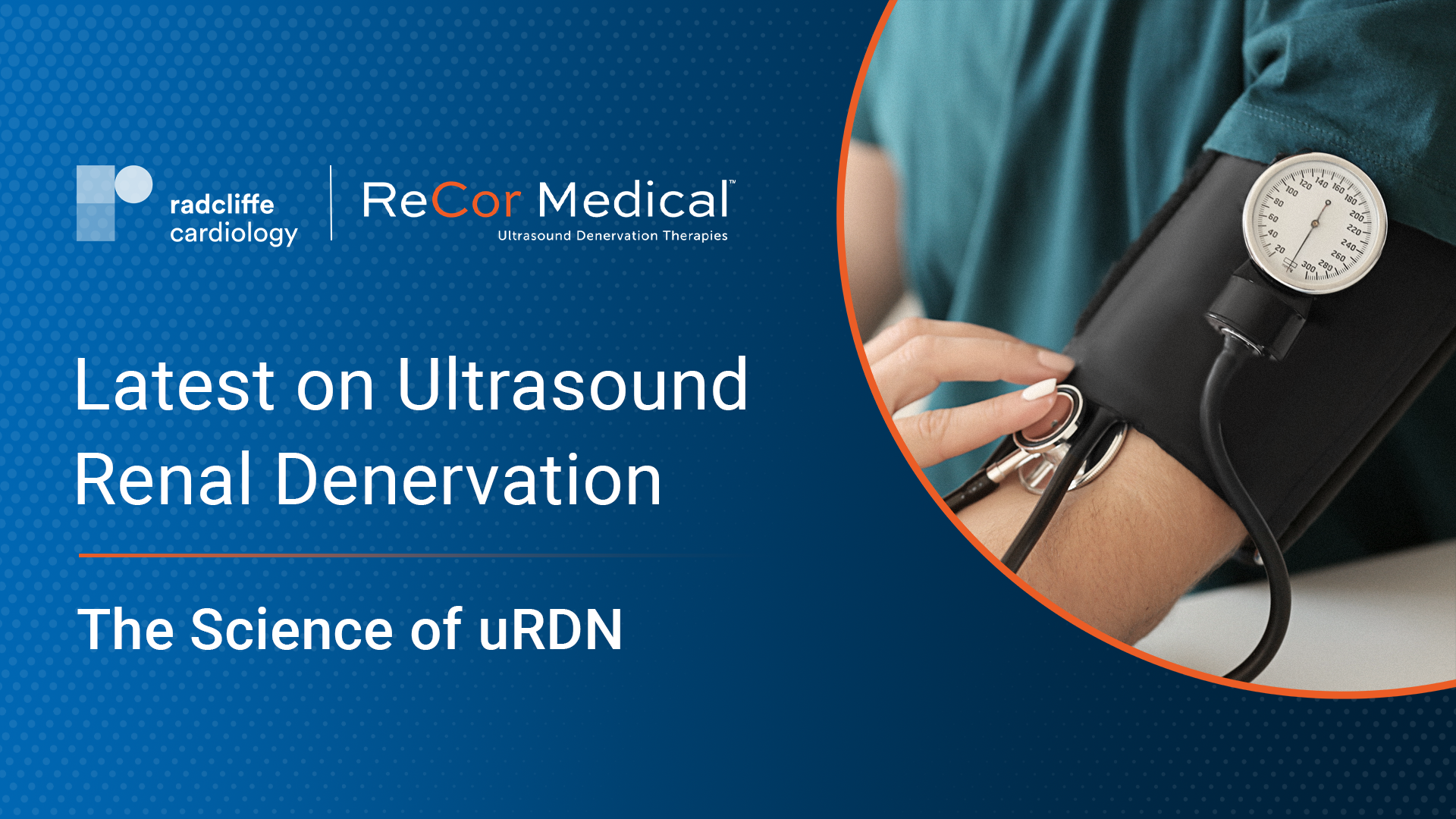 18m 36sPart 1 | Session 4 RDN Procedure with Ultrasound Technology: Prof Felix Mahfoud Felix Mahfoud
18m 36sPart 1 | Session 4 RDN Procedure with Ultrasound Technology: Prof Felix Mahfoud Felix Mahfoud
-
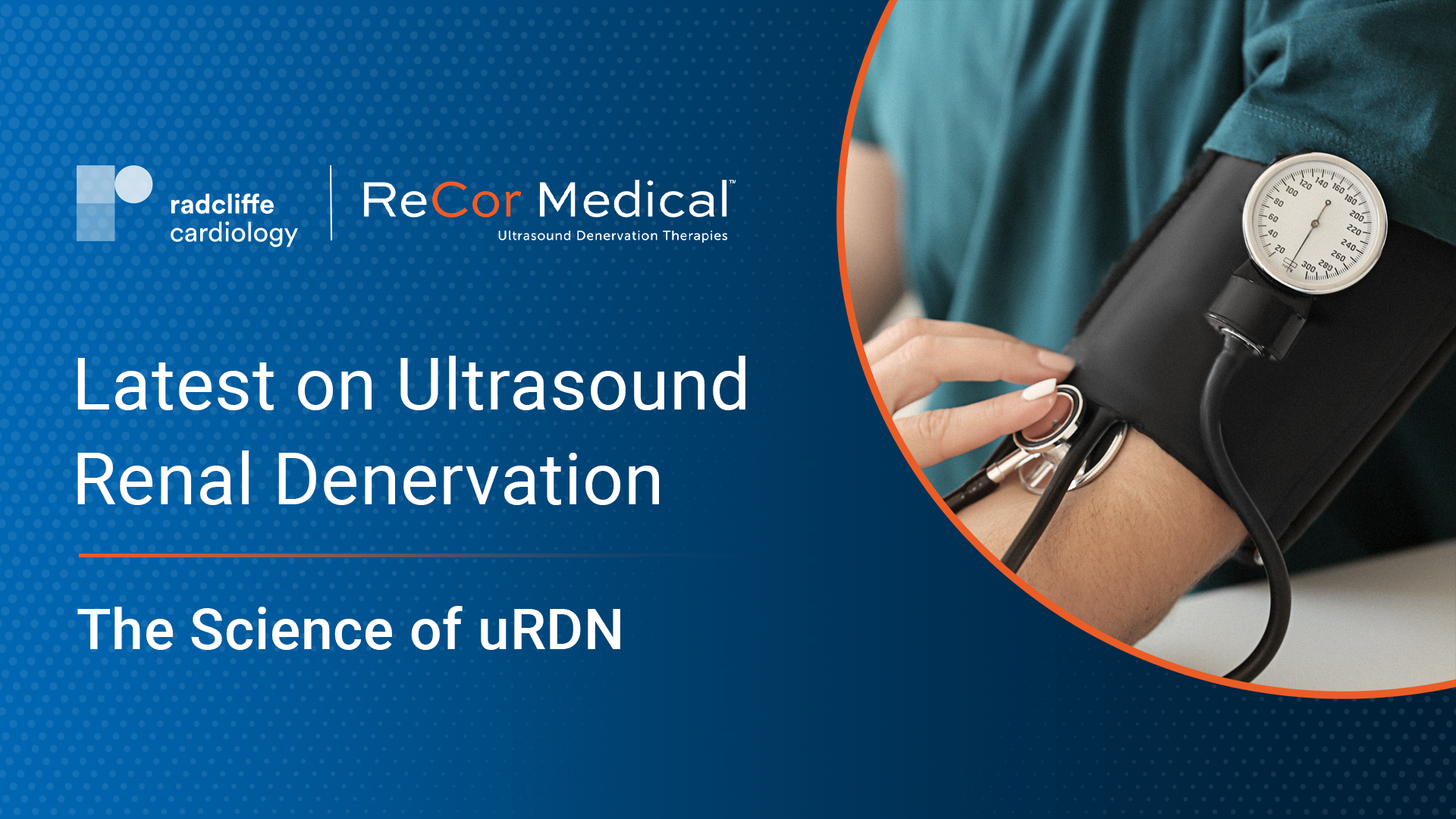 10m 14sPart 1 | Session 5 Panel Discussion: All Philipp Lurz, Michael Joner, Felix Mahfoud, Andrew Wu
10m 14sPart 1 | Session 5 Panel Discussion: All Philipp Lurz, Michael Joner, Felix Mahfoud, Andrew Wu
Overview
Ultrasound Renal Denervation (uRDN) is an innovative therapy option for the treatment of uncontrolled hypertension. uRDN therapy is delivered in a minimally invasive procedure that may lower high blood pressure by treating overactive renal nerves with ultrasound energy.
This page provides an overview of uRDN technology and the latest evidence from its associated RADIANCE clinical program.
The PARADISETM System is Limited to Investigational Use Only in the United States. Approved for distribution in CE mark countries only.

What you will learn:
- How uRDN works and its potential benefits for patients suffering from uncontrolled hypertension
- The clinical evidence supporting uRDN and its implications for the field of hypertension
- The process for building a uRDN centre and therapy network
This page is designed for:
- Interventional cardiologists
- General cardiologists
- Hypertension specialists
- Nephrologists
- Interventional radiologists
More from this programme
Part 1
The Science of uRDN
Part 2
The Evidence for uRDN
Part 3
From Proof to Practice – Treating Hypertension With uRDN
Part 4
RADIANCE II Pivotal Trial for Paradise Ultrasound Renal Denervation System in Patients With Hypertension
Part 5
Results From the Latest Clinical Trials
Part 6
Patient Perspective & Provider Referral Development
Part 7
Discussion With Experts
| 2 sessions | |
| ACC 2022 Symposium | Watch now |
| TCT 2021 Symposium | Watch now |
Faculty Biographies
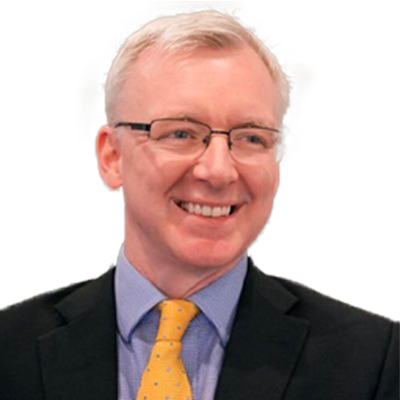
Andrew SP Sharp
Consultant Cardiologist
Prof Andrew Sharp is a Consultant Cardiologist at the University Hospital of Wales, Cardiff, UK. Andrew qualified from Edinburgh Medical School in 1998. He was appointed as a Consultant Cardiologist at the Royal Devon and Exeter Hospital in 2011 and Honorary Associate Professor by the University of Exeter in 2018 before moving to the University Hospital of Wales in Cardiff in the summer of 2019.
Andrew conducted his early training at the Royal Infirmary of Edinburgh, before moving to London for his senior clinical training, completing the prestigious Milan-Imperial Interventional Cardiology Fellowship programme. Dr Sharp was awarded an MD postgraduate research degree from the University of Edinburgh for his work on the hypertensive heart and his current research interests include device-based treatments for hypertension, pulmonary embolism, intracoronary imaging and coronary physiology.
Andrew's specialist interests include the pharmacological and interventional…






